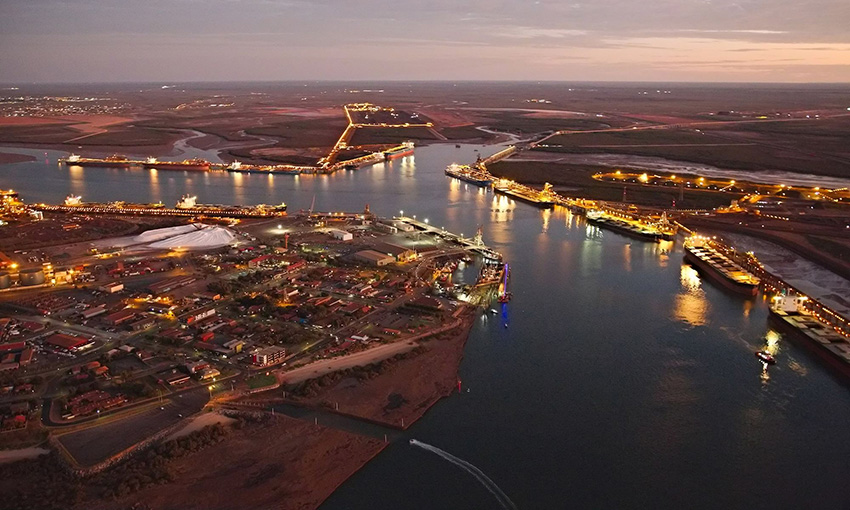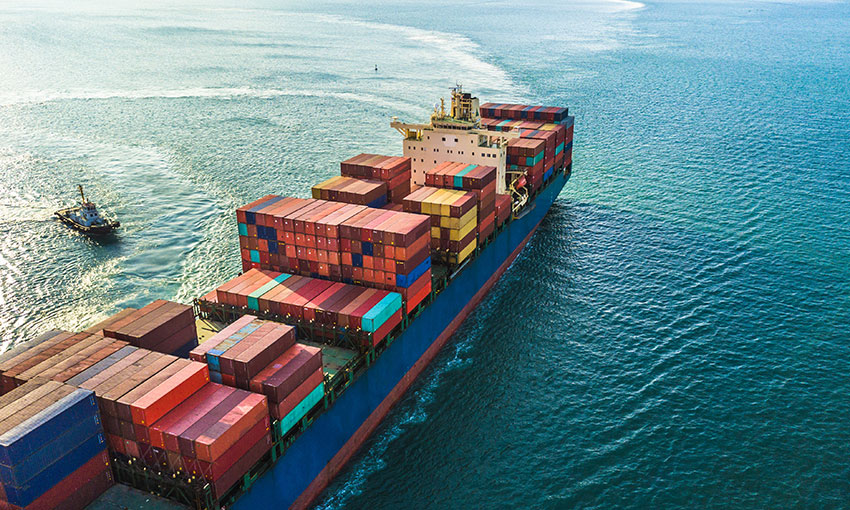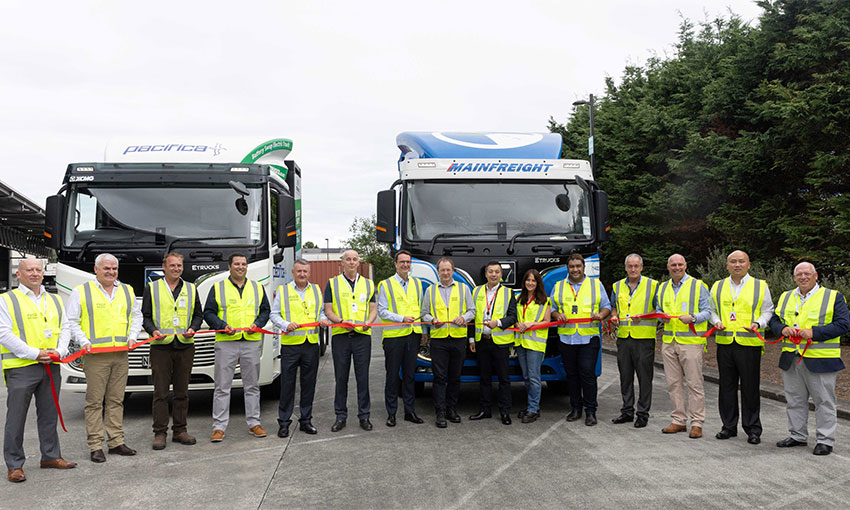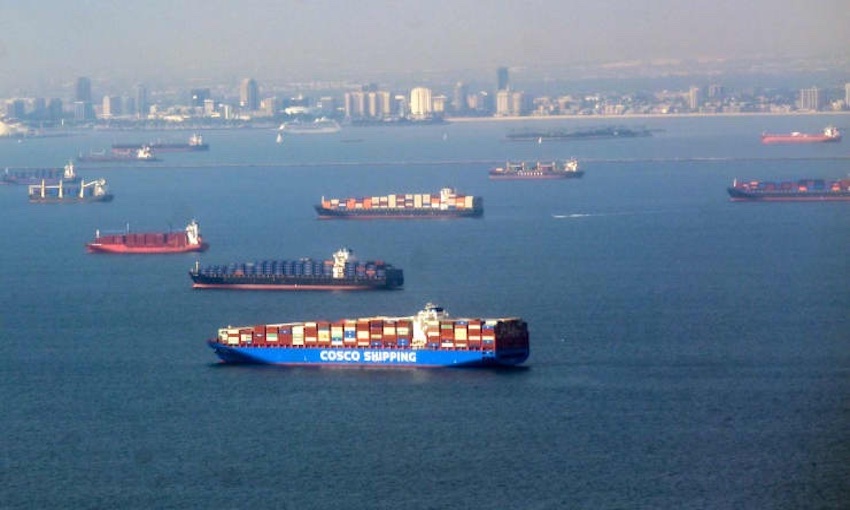THE GETTING to Zero Coalition, convened by the Global Maritime Forum, has submitted recommendations to the Federal Government for the establishment of a green shipping corridor between Western Australia and East Asia.
The potential for a corridor powered by zero or near-zero carbon ammonia has been explored over the past year by a 15-member taskforce assembled from representatives of iron ore shipping interests.
A May 2023 feasibility study by four task force members found that the availability of ammonia-powered ships, access to zero or near-zero carbon ammonia, and the availability of bunkering infrastructure could, given a set of conditions, be in place to enable the corridor’s kick off by 2028. It could achieve 5% uptake of zero or near-zero carbon ammonia on the route by 2030, in line with the International Maritime Organization’s fuel uptake target in its revised greenhouse gas strategy.
GMF says the wider task force has also produced a shared roadmap identifying the actions needed to realise these goals. “Meanwhile, many of the individual companies have already signalled their willingness to act by initiating activities related to the ordering of ammonia-powered vessels and services, production of zero or near-zero carbon ammonia, and development of bunkering infrastructure.
“The task force believes that developing a zero or near-zero carbon ammonia-powered green shipping corridor on this route could help accelerate the global decarbonisation of shipping, reduce emissions regionally, and generate benefits for Australia that support its national strategic priorities.
“A critical barrier to realising this green corridor, however, is the significant cost gap of running a ship on zero or near-zero carbon ammonia versus conventional marine fuel. The global production cost of zero or near-zero carbon ammonia is forecasted to be significantly more expensive than conventional marine fuel through at least 2030, and an independent, third-party assessment has been undertaken to further explore the cost gap ranges for this specific corridor.
“This cost differential creates a substantial gap in the business case for green shipping corridors and is recognised as the main area where government intervention is likely to be required.
“Task force members recognise the important role that industry plays in absorbing some of the costs and are exploring innovative commercial arrangements that can help specify how to balance costs and risks along the value chain.
“However, as evidenced in several studies, the cost gap cannot be bridged by industry levers alone.
The task force believes that national policy support and regional government collaboration are essential to realise this corridor.”
The position paper presented to the Federal Government provides the case for why Australia would benefit from taking supportive action to help the establishment of a green corridor out of WA, GMF says, and presents three different scenarios for how the corridor could be implemented and a menu of policy options for consideration.
The paper can be accessed at https://cms.globalmaritimeforum.org/wp-content/uploads/2024/03/Position-paper_Supporting-the-establishment-of-the-Australia-East-Asia-iron-ore-green-corridor.pdf
Separately, the GMF notes that the UK government is investing £1.5 million to promote environmentally friendly international shipping routes. This funding, part of the Clean Maritime Demonstration Competition (CMDC5), aims to help the UK meet its net zero goals while also stimulating job growth and economic development without adding to taxpayer burdens.
Key highlights include plans for emission-free shipping routes linking the UK with the Netherlands, Norway, Denmark, and Ireland, already underway; and studies to be conducted to speed up the establishment of ‘green corridors’, identifying necessary infrastructure and regulatory steps.
“This initiative is not a solo effort. Partner countries will join forces building on the agreements forged during COP26 for Green Shipping Corridors. This global cooperation is a testament to the shared commitment towards sustainable shipping,” GMF said.





